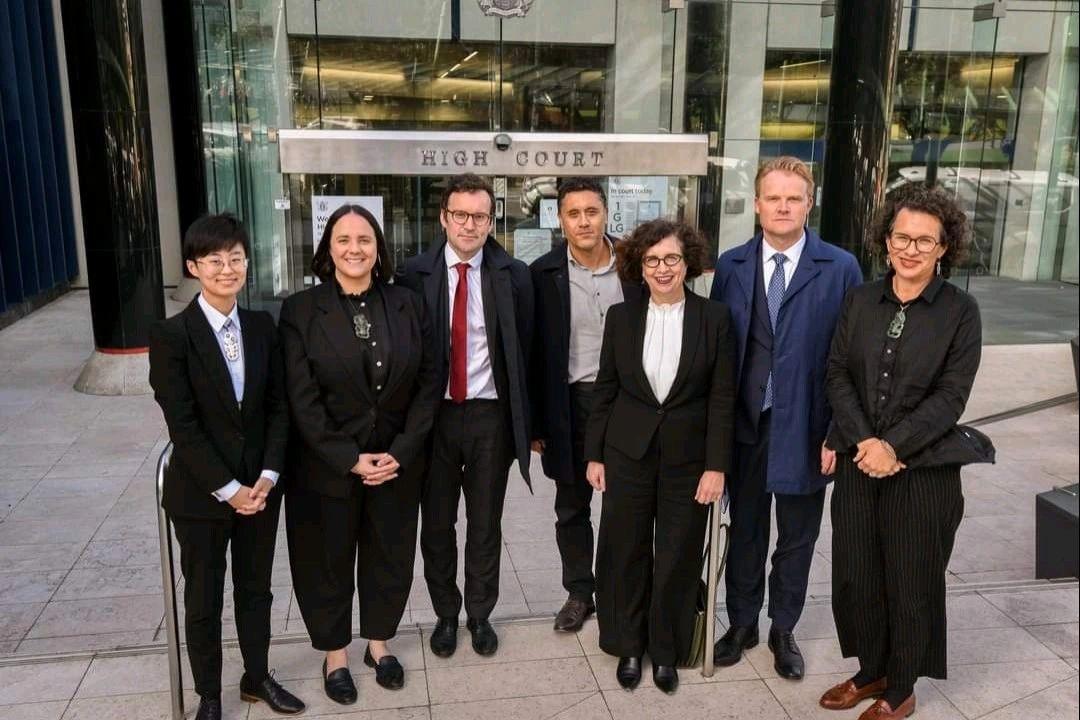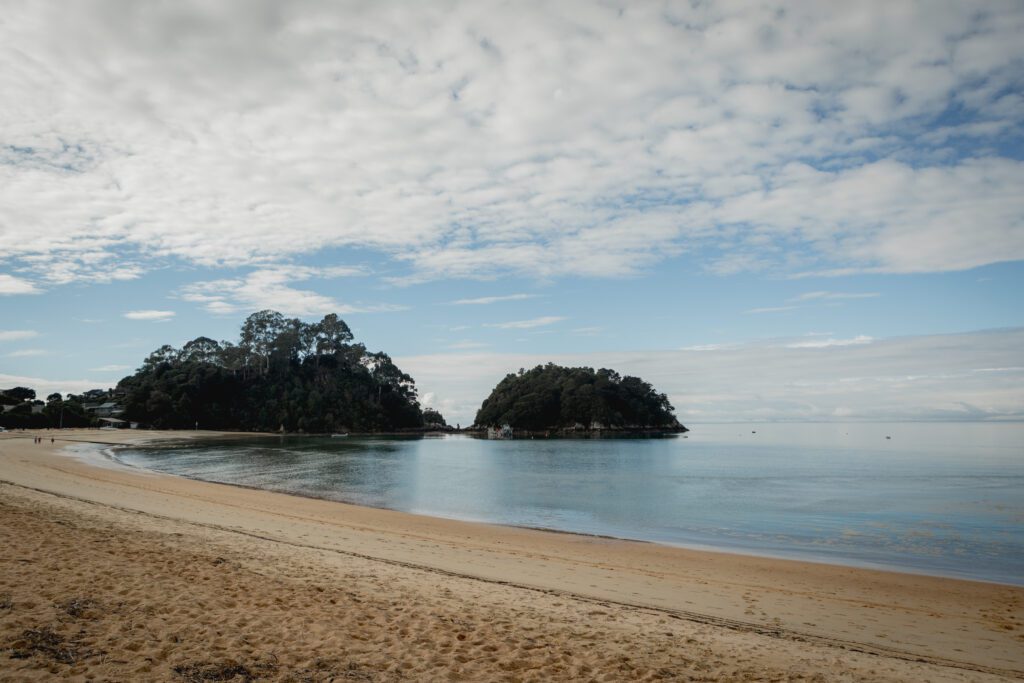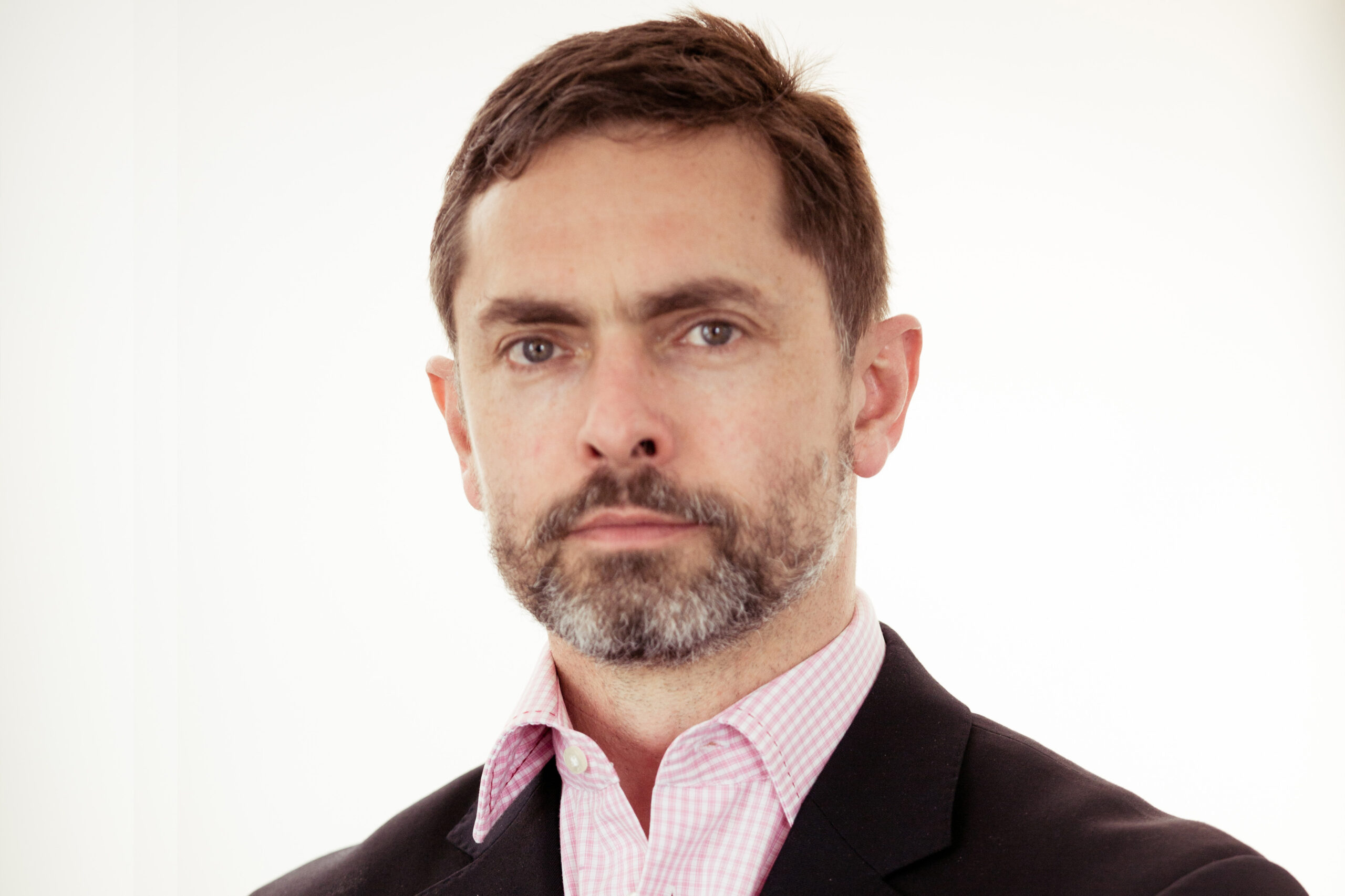Ten key statements from our closing submissions

- On the hardline approach that the Attorney-General has taken in this trial, one is left to wonder why the Supreme Court would have bothered to remit the proceeding back to the High Court in the first place.
- In light of the Crown’s legally enforceable fiduciary duties in relation to the Customary Owners’ land, and the uncontested fact that it did not reserve the full tenth, it is quite extraordinary that the Crown continues to maintain the position that not a single acre of land needs to be returned.
- The Attorney’s scattergun and desperate defences … amount to an attempt to relitigate, revisit, obfuscate, or read down from the Supreme Court’s judgement in a myriad of ways.
- The reality is that when the Supreme Court judgement was issued in 2017, everyone, including the Crown, understood what it stood for. The Crown cannot now be heard to question what the majority Judges meant some six years later.
- The gaping hole in the Attorney-General’s defence – which he has not addressed – is what happened to the land that the Crown was charged with reserving? The Customary Owners were completely dependent on the Crown to fulfil the terms of the purchase.
- The Attorney says the Customary Owners have acquiesced in the wrong done to them. That they failed to enforce their rights despite being clear they had suffered an injustice. This submission is simply wrong. Extensive efforts were made by the Customary Owners throughout the 20th Century to vindicate their rights.
- The plaintiff’s primary focus is on the restoration of the land that is held by the Crown on trust, reflecting the cultural importance of the whenua to the Customary Owners, and the need to secure its return to achieve a state of ea, or balance. Failing that, the plaintiff seeks equitable compensation for the value of that property.
- Although the litigation has been gruelling and stressful, Mr Stafford has not wavered once in his unequivocal view that justice will not be achieved until the whenua tuku iho (ancestral land) of the Customary Owners is returned.
- There have been delays over a period of some 178 years since the Tenths promise was made. That delay has continued since these proceedings were issued in 2010 and have been exacerbated by the Crown’s approach since the Supreme Court’s judgement in 2017.
- The last word should belong to Matua Rore Stafford. He has led the struggle for over 40 years, alongside our whānau, and those kuia and kaumātua who have now gone. He hopes this week will be his last in a courtroom and instead his future will see justice achieved.


